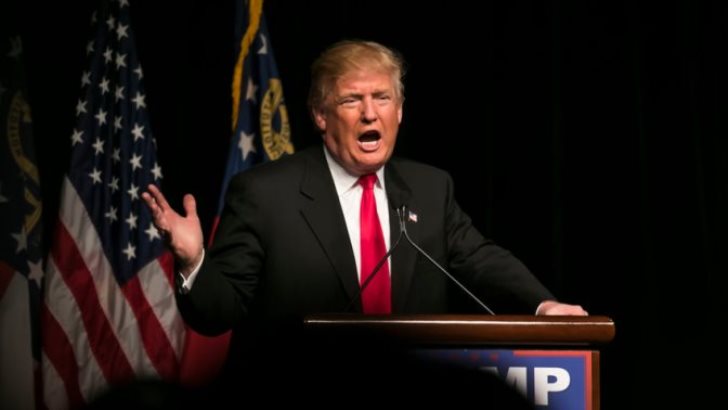
With Donald Trump winning a second term in office, the financial markets are poised for a period of both excitement and uncertainty. While Trump’s first term saw significant tax cuts, deregulation, and a stock market rally, the outlook for his return to the White House brings both optimism and caution. This article explores how Trump's re-election could influence the markets in the short term, with a focus on key sectors and economic policies likely to shape the immediate investment landscape.
Market Reactions: Volatility in the Short Term
Historically, markets tend to react swiftly to political shifts, and Trump’s return to office is no exception. While some investors may anticipate a continuation of pro-business policies, others could fear increased volatility as the country navigates the political polarization that has accompanied his presidency.
In the initial days following his re-election, the markets are likely to experience fluctuations, driven by a combination of investor enthusiasm for deregulation and tax cuts and concerns over geopolitical tensions, trade wars, and monetary policy. For those with a high-risk tolerance, these fluctuations could present buying opportunities, but for more risk-averse investors, caution may be warranted as the markets adjust.
Sector Winners and Losers
A second Trump presidency will likely benefit specific sectors, particularly those tied to fossil fuels, defense, and construction. His administration’s focus on reducing regulations in energy, especially in oil, gas, and coal, could lead to a boost for these industries. Energy stocks could rally as the administration pushes for increased domestic production and lowers environmental restrictions, creating potential short-term gains for investors in this space.
Defense contractors are also expected to benefit, as Trump’s strong stance on national security and military spending is likely to continue. Increased defense budgets could lead to a rise in stock prices for major defense firms.
On the flip side, sectors like renewable energy and tech may face challenges. Trump’s prior presidency was marked by a lack of emphasis on renewable energy initiatives, and a potential rollback of Biden-era green policies could slow the momentum in this sector. Similarly, large tech companies might face renewed scrutiny, particularly regarding regulations and antitrust concerns. While deregulation in other areas might favor the tech industry, Trump’s unpredictable stance toward social media companies and tech giants could introduce short-term uncertainty for these stocks.
Trade and Geopolitical Risks
One of the key factors that could impact the markets immediately following Trump’s re-election is the potential for renewed trade tensions. During his first term, Trump was known for his trade wars, particularly with China, which rattled global markets. If Trump reignites trade disputes, this could have a destabilizing effect on both U.S. and international markets.
Tariffs and protectionist policies could lead to higher costs for businesses, affecting corporate profits and potentially leading to slower economic growth. Export-dependent industries, particularly in manufacturing and agriculture, could face near-term disruptions as they adjust to shifting trade policies. However, if Trump manages to negotiate more favorable trade deals or solidify the U.S. position in global markets, these risks could eventually balance out.
Tax Cuts and Infrastructure Spending
Investors are likely to focus on Trump's economic agenda, particularly his promises of further tax cuts and increased infrastructure spending. If enacted, these policies could provide a short-term boost to the economy, lifting stock prices, especially in sectors like construction, industrials, and financials. Lower corporate taxes would benefit businesses across the board, increasing profitability and potentially driving stock prices higher.
However, concerns about the growing national debt and fiscal responsibility could temper market enthusiasm. While tax cuts may spur short-term growth, they could also lead to higher deficits, which might eventually weigh on investor sentiment, particularly in the bond market.
Conclusion: A Market Balancing Act
The immediate impact of Trump's second term on the markets is likely to be a mix of optimism and uncertainty. While pro-business policies like deregulation and tax cuts could lead to gains in specific sectors, concerns over trade tensions, geopolitical risks, and fiscal health could create short-term volatility.
For investors, navigating this new political landscape will require a balanced approach, with an eye on sectors poised to benefit from Trump's policies while remaining vigilant of the risks that could emerge from renewed trade conflicts or fiscal imbalances. As with any major political shift, the key will be staying informed, agile, and ready to adjust strategies as new developments unfold.




















